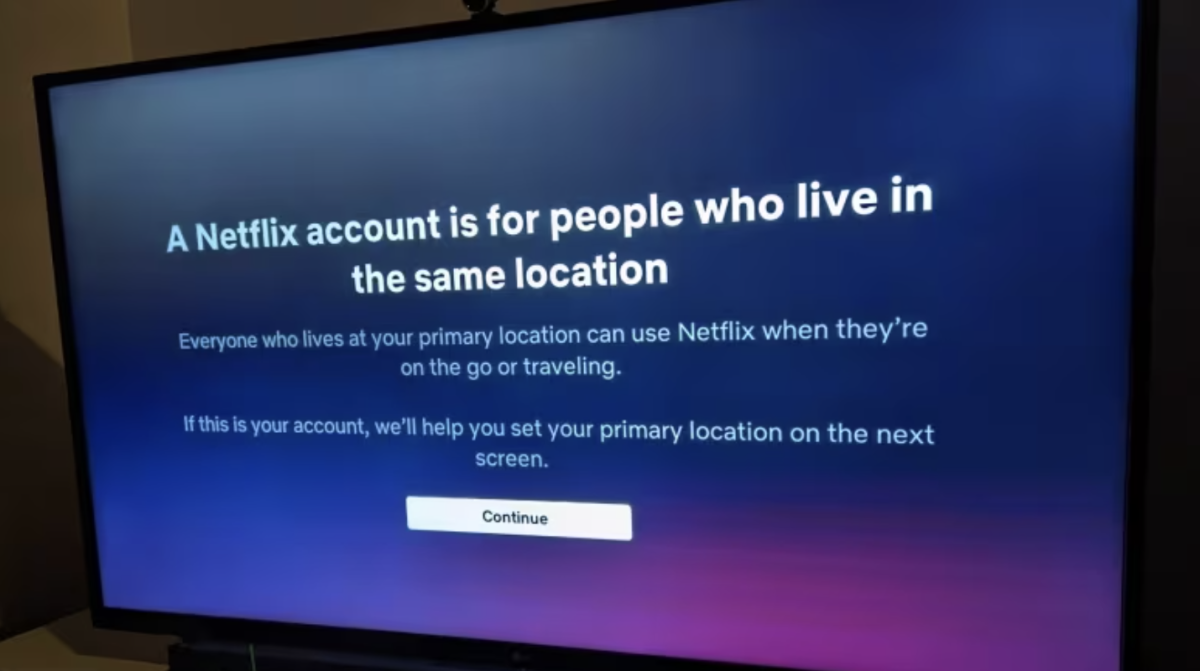The beginning of the school year brings a whole host of new changes for everyone here at Simmons, no matter how long we’ve been here. New students face a wide variety of challenges, ranging from roommate issues to figuring out the dining systems to navigating issues in the classroom. For professors, staff members, and returning students, suddenly everyone is faced with the need to learn dozens or hundreds of new names, faces, and personalized needs.
Though small class size is definitely a benefit of Simmons as an academic institution, there are definitely some uncomfortable situations that students experience, especially at the beginning of the school year. In particular, there are many situations that marginalize students who are already marginalized, which ideally is something that Simmons professors, staff, and students should work to minimize.
For many students, navigating name-related issues can be difficult. The responsibility all too often falls on the student to correct professors, staff members, and other students with regard to pronunciation, preferred names, and so on.
Many professors run through attendance sheets without giving it a second thought. For many students, and many names, this does not pose any particular problems. However, professors often mispronounce students’ names rather than asking for the pronunciation ahead of time, sometimes repeatedly and over the course of many weeks.
Consistent pronunciation errors indicate a lack of attention, particularly because students with “traditional” names, especially those that are common in the U.S., are not frequently subject to incorrect name pronunciation.
Furthermore, many students do not go by their legal names. The reasons for this vary, but no matter the underlying motivation, students’ preferred names should be respected in the classroom. Simmons’ new transgender admittance policy is an excellent first step with regard to gender identity at Simmons College, but awareness of trans and nonbinary students at this school extends beyond the initial step of acceptance to the College itself.
The first few weeks of school are rife with “deadnaming,” which is when someone uses a trans individual’s birth or “given” name rather than their preferred name. Although many trans and nonbinary students here at Simmons are pursuing legal name changes, that process takes time, and they should not be deadnamed in the meantime. Additionally, some students may never legally change their names, but that does not mean their preferred names should not be used.
Within the classroom, professors often refer to students based on the enrollment lists. Students can, and often do, contact professors before classes start, generally via email, communicating their given names and, if applicable, pronouns.
However, it should be the simultaneous responsibility of the professor to allow students to name themselves in the classroom, rather than reading straight from an often inaccurate enrollment list. In larger classes, calling students by last name often averts this issue if there is not time in the class for students to introduce themselves.
Another common classroom practice is tokenization–that is, addressing an individual or group of individuals as if they can speak for the entirety of the group they represent. For instance, professors often address people of color in the classroom as if they are authorities on their entire race or ethnic group; this is a microaggression and should not be tolerated–and, more importantly, should not be perpetuated.
Instead, address the entire class and ask for comments on the issue at hand, rather than singling out students. That way, students contribute of their own accord, and can speak to their personal experience or views without feeling pressured to speak for an entire group which they may not represent.
Additionally, disability accommodations in the classroom is a significant concern. Students with disabilities may receive accommodations, but professors are not always mindful of students’ needs beyond the bare minimum of what the accommodations specify. This encompasses accessible class materials, navigable seating arrangements, and actively dis- cussing specific needs of students, even if they do not have documented disabilities.
Creating a culture of mindfulness regarding students’ needs is crucial. For professors, taking steps to ensure that students can participate in classes without significant trepidation is incredibly important, and emphasizes an academic community that is mindful of those who contribute to it.
























